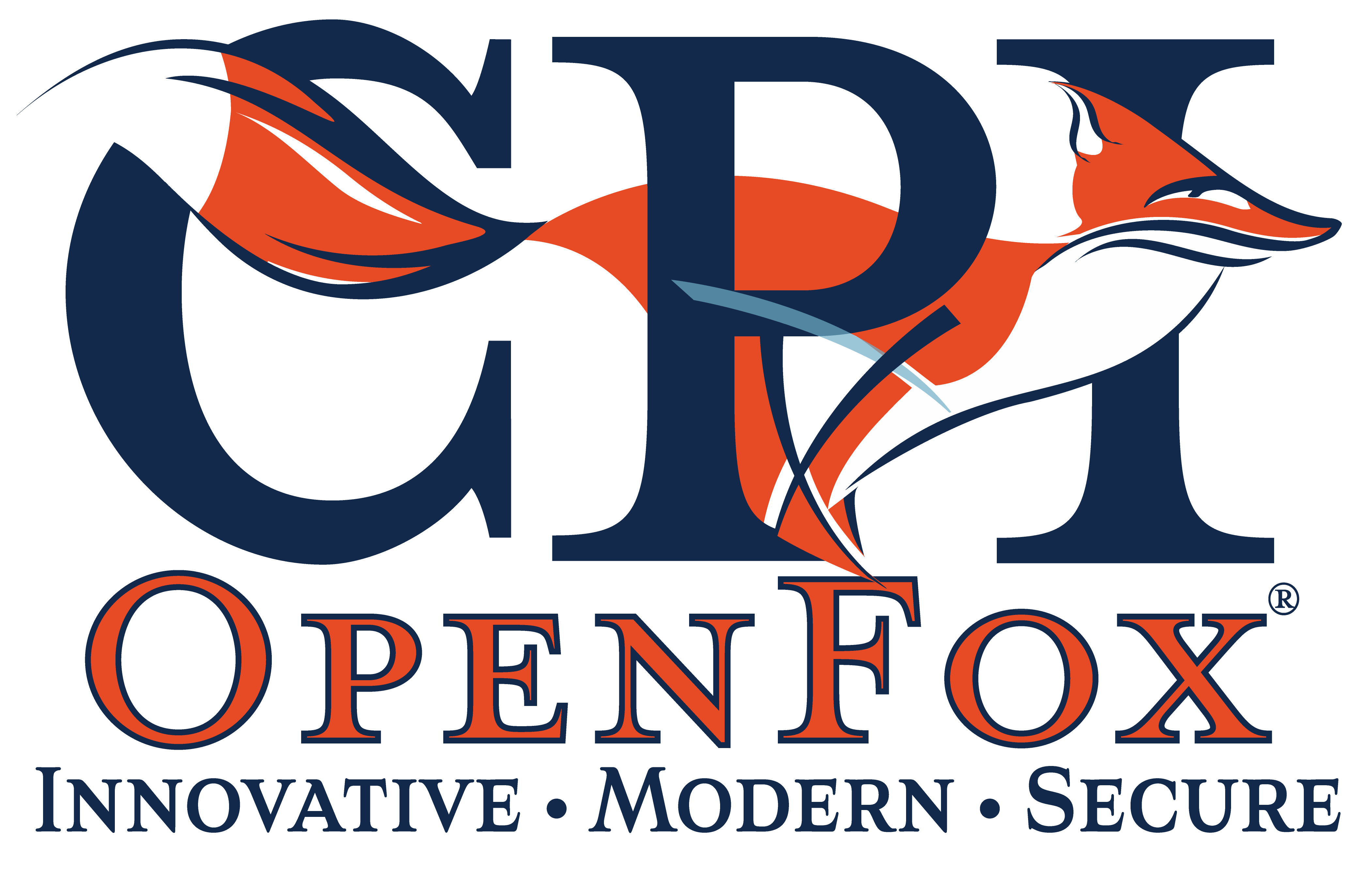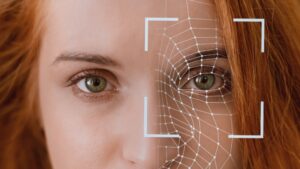With Artificial Intelligence’s ever-increasing use and capability, the phenomenon of ‘deepfakes’ has become an increasingly prominent and, at times, controversial topic. As we enter 2024, the world grapples with the complex implications of deepfake technology and data manipulation. This article aims to shed light on deepfakes, chart their growth, explore their impact on society, and identify ways to mitigate their threats.
What are Deepfakes?
Deepfakes are synthetic media, often in the form of videos, audio, or images, generated through artificial intelligence (AI) and deep learning algorithms. These algorithms use vast datasets to change or replace existing content, seamlessly overlaying one person’s likeness onto another. A similar, but perhaps not as widely recognized, form of deceptive media is shallow fakes, where instead of using AI, media is altered with simple editing tools. This process has reached a level of sophistication where it can be challenging to differentiate between genuine and fake content.
The Growth of Deepfakes
Over the past few years, the growth of deepfake material has been exponential, with the number of deepfakes online doubling every six months. According to DeepMedia, in 2023, roughly 500,000 video and voice deepfakes were shared on social media around the world. By 2025, we can expect to see 8 million deepfakes shared online, consistent with doubling deepfakes every six months.
The ease of access to powerful AI tools and the large quantity of publicly available data contribute to the spread of deepfakes.
Social Media and the Deepfake Explosion
Social media platforms, where the distribution of information is rapid and widespread, play a crucial role in the rise of deepfakes. A study conducted by iProov found that in 2022, less than one-third of global consumers knew what a deepfake was. This highlights the potential for misinformation to spread rapidly through these platforms.
Impacts on Society
The rise of deepfakes poses significant challenges to various parts of society, from politics to business. Here are some key ways in which deepfakes are already impacting our lives:
1. Political Manipulation
Deepfakes have already disrupted political landscapes by showing political figures saying or doing things they never did. One famous example of this involves Ukrainian President Volodymyr Zelenskiy in a deepfake video asking his army to cease fighting. This not only undermines the trust in political leaders but also has the potential to change public opinion and influence elections.
2. Misinformation and Fake News
The rapid spread of deepfakes on social media worsens the already prevalent issue of misinformation. A study conducted by the University of Baltimore and Cybersecurity firm CHEQ, found that in 2020, fake news cost the global economy $78 billion.
3. Privacy Concerns
Deepfakes can be used for harmful purposes, such as creating fake content featuring individuals without their consent. A notable example of this is the actors’ strike in 2023, where actors protested using AI and deepfakes to use their likeness without their consent. This raises serious privacy concerns and has led to calls for more laws and legislation to protect individuals from deepfake media.
4. Impact on Business
The corporate world is not exempt from the influence of deepfakes. From CEO impersonation for scams to the creation of fraudulent content, businesses face new challenges in protecting their reputation and maintaining trust.
Mitigating the Impact
Addressing the challenges posed by deepfakes requires a major approach involving technological advancements, legislation, and public awareness. Some potential strategies include:
Prevention and Detection Software
Invest in developing and deploying more advanced deepfake detection and prevention technologies to identify and filter out artificial content on various platforms like social media or news sites.
Education and Awareness
Educate the public about the existence of deepfakes and their potential risks. This could involve teaching the public about tools you can use to prevent and detect deepfakes or making sure they use official media channels. Within businesses, employees can take awareness and training courses on the impacts of deepfakes to mitigate damaging personal and professional reputations.
Increased awareness can contribute to a more perceptive audience less prone to manipulation.
Regulation and Legislation
Governments and regulatory bodies should actively work on making, updating, and implementing legislation that addresses the spread of deepfakes, creating clear consequences for those who misuse this technology. One example of this involves the UK Online Safety Bill, which was updated to address better protection of victims of deepfake abuse. To do this globally, collaboration is needed at the international level to address the universal nature of deepfake threats. Sharing information, best practices, and technological advancements among countries can create strong protection against the misuse of deepfakes.
Transparency in Content Creation
Social Media platforms should focus on transparency in content creation, making it easier for users to verify the authenticity of the media they encounter. This may involve watermarking, other certification forms, or using third-party validation tools for media integrity.
The Future of Deepfakes
Deepfakes will continue to evolve and become more sophisticated in the foreseeable future, raising concerns over their societal influence. As AI algorithms advance, the line between authentic and manipulated content blurs, with implications for people, privacy, and trust.
As deepfakes become more convincing, there is a growing risk of losing trust in digital content. People may become skeptical of the authenticity of any video or image, leading to a general atmosphere of doubt. This can have major implications in high-stakes industries like law enforcement and justice, where evidential integrity is paramount.
The growth of deepfake technology, evident in the surge of shallowfake and deepfake content, highlights the urgency for sophisticated software and legislation. Striking a balance between innovation and safeguarding against harmful misuse will be important, requiring a collaborative effort from technology developers, lawmakers, and the public to scrutinize synthetic media. By doing so, we can collectively work towards mitigating the negative impacts of deepfakes and preserving the integrity of our digital world.
Providing Trust and Confidence
Having identified the threat that digital disinformation poses to law enforcement, justice, and investigations, Issured created MeaConnexus. MeaConnexus is a remote video interview platform designed to provide a secure, tamper-evident online interview environment where any party cannot manipulate material without other parties knowing. Therefore, it protects the chain of custody and instills trust and confidence in conducting interviews online.


